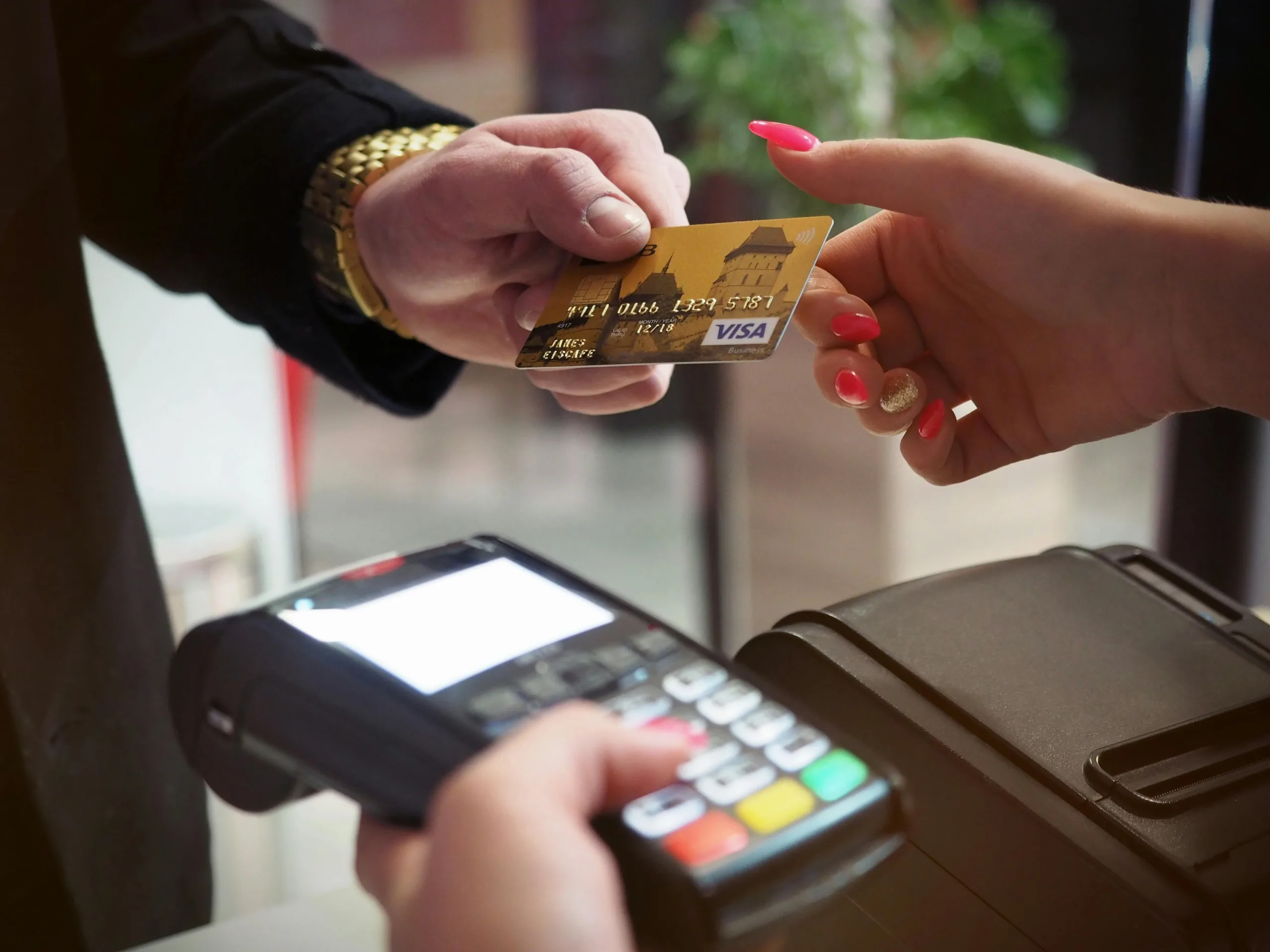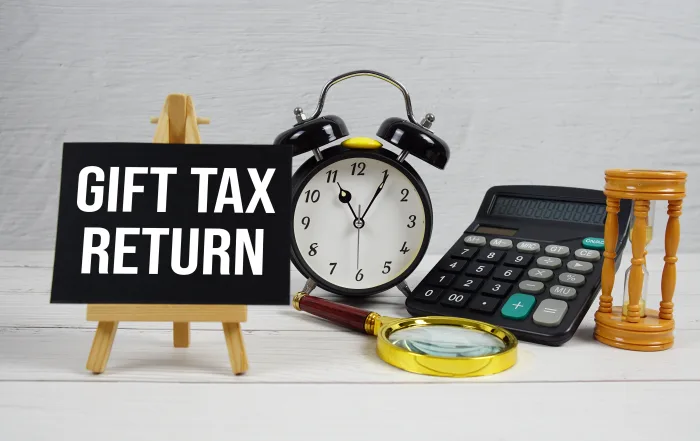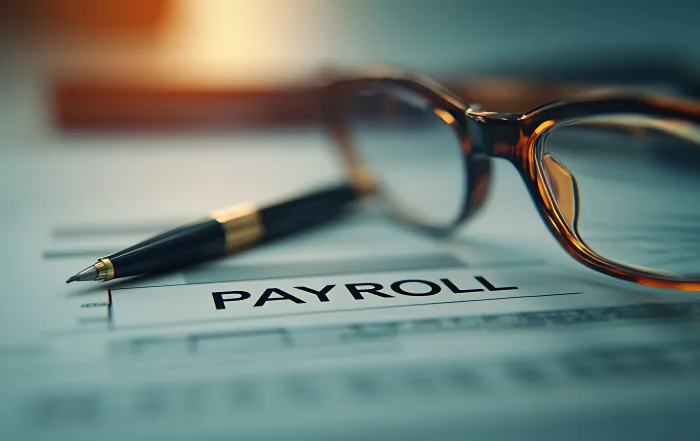Running a small business means making countless decisions every day. One that often gets overlooked—but has long-term consequences—is choosing the right payment methods. The payment methods for small businesses you offer influence customer trust, financial efficiency, and even tax compliance.
As CPAs, we’ve seen businesses succeed or struggle based on these decisions. Some owners stick to cash and checks, while others lean heavily into credit cards and digital wallets. But the truth is, your business probably needs a mix.
💡 At Simplicity Financial, we guide small business owners through these choices so they can save time, avoid IRS headaches, and grow smarter.
👉 Contact us today for advice from CPAs who know small business inside and out.
Why Payment Methods for Small Businesses Influence Growth
If you’ve ever lost a customer because you “didn’t accept their card,” you know how serious this can be. Offering multiple methods of payment for small business customers isn’t just about convenience—it can directly affect your revenue.
Here’s why:
- Customer expectations are changing. Today’s buyers expect digital-first options like Apple Pay, Google Pay, and contactless cards.
- Cash flow improves with faster payments. Some methods settle instantly, while others take days or weeks.
- Accounting accuracy depends on method. The more traceable your transactions, the easier it is to file accurate taxes.
From a CPA’s perspective, the right balance of payment methods isn’t just about customer satisfaction. It also reduces errors, prevents fraud, and strengthens your ability to scale.
Cash Payments: Simple, But Risky
Cash is the oldest and most straightforward option. No fees, no waiting. But it creates vulnerabilities.
Why some businesses still rely on it:
- Small purchases feel faster with cash.
- Some customers simply prefer it.
- No percentage of the sale is lost to a processor.
The risks you must manage:
- Security: Theft and loss are real dangers.
- Bookkeeping challenges: Without a clear digital trail, tax season can be painful.
- Growth limits: Businesses that operate mostly in cash can struggle to build credit or qualify for loans.
If you accept cash, the key is discipline. Accurate logs, daily reconciliations, and secure storage are non-negotiable. Many owners use outsourced bookkeeping services to avoid mistakes that pile up during the year.
Checks: Old-School, But Still Useful
Some industries, particularly B2B, still rely on checks. They feel “formal” and are often used for larger sums.
Pros for small businesses:
- No card processing fees.
- Suitable for invoices or high-ticket services.
- Easy for some customers who don’t like digital tools.
Cons that add up over time:
- Bounced checks can hurt cash flow.
- Funds take longer to clear.
- Manual processing creates bookkeeping headaches.
From a tax standpoint, checks must be logged accurately. If you’re using them for large transactions, we recommend pairing with a small business CPA who ensures outstanding checks don’t cause IRS mismatches.
Credit and Debit Cards: A Must-Have Today
No matter your industry, accepting cards is almost mandatory. Even the smallest vendors at local markets now use mobile card readers.
Why it matters:
- Ubiquity: Customers expect this option everywhere.
- Speed: Transactions are quick and seamless.
- Credibility: Accepting cards makes your business look more professional.
The drawbacks:
- Transaction fees (usually 2–3%).
- Reliance on internet or hardware.
- Chargeback risks.
However, fees can be seen as the “cost of doing business.” In many cases, the extra sales you generate by offering cards outweigh the expense. Companies like Square make it easy for even small shops to start.
From a CPA’s angle, the advantage is clear records. Card transactions generate digital receipts, helping streamline tax preparation and audits. By the beginning of Q4, you should have all tax-related things organized so that you’re not too stressed by the next year.
Online Payment Methods for Small Business Owners
For service providers, e-commerce stores, or remote-first companies, online payment systems are essential.
Digital Invoicing
Platforms like PayPal or Stripe allow you to send invoices that customers can pay with one click.
Strengths:
- Looks professional and branded.
- Integrates with accounting software.
- Simplifies recurring billing.
Weaknesses:
- Fees can be higher than card readers.
- Funds may take a few days to hit your account.
For freelancers and consultants, this is one of the best payment methods for small business growth. Paired with startup bookkeeping services, invoicing can be automated and tax-ready.
Contactless Payments
Contactless payment methods for small businesses, such as Apple Pay and Google Pay, are rising quickly in popularity.
The appeal for customers:
- Fast and secure transactions.
- No physical card handling.
- Works seamlessly with smartphones and watches.
Considerations for owners:
- Requires compatible hardware.
- Processing fees still apply.
- Not every customer uses mobile wallets.
Still, this method signals modernity and safety. For example, a coffee shop offering contactless gains speed at checkout, which directly increases customer satisfaction.
Comparing Types of Payment Methods: How to Choose Wisely
There isn’t one single best payment method for small business success. Instead, owners should weigh:
- Customer Demographics: Do your customers skew younger (who love digital wallets) or older (who may prefer checks)?
- Transaction Size: Are your sales small and frequent (where speed matters), or large and occasional (where low-fee options may be better)?
- Cash Flow Needs: Some methods pay out instantly, others take days.
- Tax Simplicity: More digital records = fewer headaches later.
👉 This is where partnering with a fractional CFO helps. A CFO looks at your whole financial picture—beyond just payments—and ensures your systems match your goals.
Tax and Compliance Implications of Payment Methods
The IRS doesn’t care how you get paid, but they do care that it’s reported correctly.
- Cash & Checks: Rely completely on your recordkeeping. If you’re sloppy, you risk audits or penalties.
- Cards & Digital Payments: Processors often send a 1099-K form, which the IRS compares against your reporting. If you don’t reconcile, red flags go up.
- Platforms (Stripe, PayPal, Venmo): New reporting thresholds mean more small businesses will receive tax forms from these providers.
To avoid trouble, consider tax preparation outsourcing. A CPA can align your books with processor reports, keeping your business compliant.
Building a Payment Method Strategy That Scales
Many businesses start small and expand. Your payment system should scale with you.
- Retail shops: Begin with cash and cards, add contactless as demand grows.
- Service-based businesses: Start with invoicing, then layer in card acceptance for convenience.
- Startups: Build flexibility from the beginning with scalable payment software and CFO services for startups.
By planning ahead, you avoid the messy transition of switching systems later.
Moving Toward Financial Simplicity
The best payment methods for small businesses are the ones that improve customer trust, keep your books clean, and align with your long-term vision. Don’t settle for just “what’s easy”—choose what’s sustainable.
👉 Ready to strengthen your payment strategy? Contact Simplicity Financial today and get CPA advice that simplifies taxes, boosts cash flow, and builds confidence.
Frequently Asked Questions About Payment Methods for Small Businesses
What are the best payment methods for small business owners?
It depends on your industry. Retailers usually benefit from card readers and contactless options, while consultants often rely on online invoicing. The best approach is combining two or three options for maximum flexibility.
Are online payment methods for small business secure?
Yes. Platforms like Square, Apple Pay, and PayPal use advanced security such as encryption and tokenization. Still, accurate bookkeeping ensures you track every transaction correctly.
What should I know about contactless payment methods for small businesses?
They’re quick, safe, and customer-friendly. Google Pay and Apple Pay are popular options. Just remember, they still carry transaction fees and require the right hardware.
How do taxes work with different methods of payment for small business owners?
Cash and checks rely on your logs, while digital payments are reported by processors. Reconciling both is essential. Working with Simplicity Financial ensures your IRS filings match your actual income.
Disclaimer
This article is for informational purposes only and should not be considered tax or accounting advice. Please consult with a qualified accountant or tax professional for guidance tailored to your situation.











